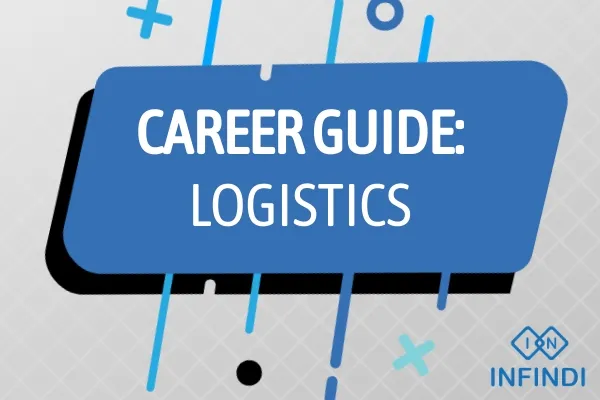For those with a knack for organization, problem-solving, and efficiency, careers in logistics offer a dynamic and pivotal path. Whether you’re an experienced logistics professional or someone exploring entry-level opportunities, understanding the intricacies of jobs in logistics is essential. This article aims to provide a comprehensive guide to logistics jobs, addressing duties, salary expectations, job descriptions, skills, qualifications, education and training requirements, experience prerequisites, frequently asked questions, and daily tasks.
1. Duties and Responsibilities
Logistics professionals play a crucial role in managing the movement of goods, optimizing supply chains, and ensuring efficient operations. Common duties and responsibilities include:
- Supply Chain Management: Overseeing the end-to-end process of product distribution.
- Inventory Control: Managing and monitoring inventory levels.
- Transportation Planning: Coordinating the transportation of goods.
- Warehouse Management: Supervising and optimizing warehouse operations.
- Risk Management: Identifying and mitigating potential logistical challenges.
2. Salary Expectations
The salary for jobs in logistics varies based on factors such as experience, specialization, and the industry. Entry-level positions may start at around $45,000 annually, while experienced logistics professionals in managerial or specialized roles can earn well over $80,000. Industries like e-commerce, manufacturing, and third-party logistics tend to offer competitive salaries.
3. Possible Job Descriptions
Logistics roles encompass various positions, each contributing to different aspects of supply chain and operations:
- Logistics Coordinator: Coordinating and overseeing logistics operations.
- Inventory Analyst: Analyzing and managing inventory levels.
- Transportation Manager: Planning and optimizing transportation routes.
- Warehouse Supervisor: Supervising warehouse activities and personnel.
- Supply Chain Analyst: Analyzing supply chain processes for optimization.
4. Skills and Qualifications
Successful logistics professionals possess a combination of analytical skills, communication abilities, and a strong understanding of supply chain dynamics. Key skills include:
- Analytical Thinking: Analyzing logistical data for process improvement.
- Communication: Coordinating with various stakeholders in the supply chain.
- Problem-Solving: Addressing logistical challenges and optimizing processes.
- Attention to Detail: Ensuring accuracy in inventory and supply chain management.
- Technology Proficiency: Utilizing logistics software and technology.
5. Education and Training Requirements
Formal education is beneficial for logistics jobs, typically requiring at least a bachelor’s degree in supply chain management, logistics, business, or a related field. Professional certifications, such as the Certified Supply Chain Professional (CSCP) or the Logistics, Transportation, and Distribution (CLTD) designation, can enhance career prospects.
6. Experience Requirements
Entry into logistics jobs often involves gaining practical experience through internships, entry-level positions, or roles as logistics coordinators. Advancement to managerial or specialized logistics roles may require several years of relevant experience.
7. Frequently Asked Questions
Q: How does technology impact logistics jobs?
A: Technology has transformed logistics with innovations such as real-time tracking, warehouse management systems (WMS), and predictive analytics, enhancing efficiency and visibility in supply chain operations.
Q: Can logistics professionals specialize in specific areas?
A: Yes, logistics professionals often specialize in areas such as transportation, inventory management, or supply chain analysis based on their interests and expertise.
Q: What role does sustainability play in logistics careers?
A: Sustainability is increasingly important in logistics, with professionals focusing on eco-friendly practices, reducing carbon footprints, and optimizing transportation routes for efficiency.
8. Daily Tasks and To-Do Lists
The daily tasks of a logistics professional can vary based on their specific role and industry focus, but a typical to-do list may include:
- Coordinating transportation and delivery schedules.
- Monitoring and managing inventory levels.
- Analyzing logistical data for process improvement.
- Supervising warehouse operations and personnel.
- Collaborating with suppliers, manufacturers, and distributors.
In conclusion, a career in logistics offers a dynamic and essential journey for individuals dedicated to optimizing supply chains and ensuring efficient operations. Whether you’re entering the logistics field or aiming for advancement, understanding the duties, qualifications, and daily tasks associated with logistics jobs will set you on the path to success. Explore opportunities, contribute to efficient supply chains, and embark on a fulfilling career in the ever-evolving realm of logistics.

